Nathaniel Hawthorne - House of the Seven Gables
Nathaniel Hawthorne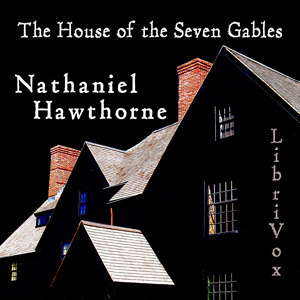
«The wrongdoing of one generation lives into the successive ones and… becomes a pure and uncontrollable mischief.» Hawthorne's moral for «The House of the Seven Gables,» taken from the Preface, accurately presages his story. The full weight of the gloomy mansion of the title seems to sit on the fortunes of the Pyncheon family. An ancestor took advantage of the Salem witch trials to wrest away the land whereon the house would be raised… but the land's owner, about to be executed as a wizard, cursed the Pyncheon family until such time as they should make restitution.
Now, almost two centuries later, the family is in real distress. Hepzibah, an old maid and resident of the house, is forced by advanced poverty to open a shop in a part of the house. Her brother Clifford has just been released from prison after serving a thirty-year sentence for murder, and his mind struggles to maintain any kind of hold on reality. Cousin Judge Jaffrey Pyncheon is making himself odious by threatening to have Clifford committed to an institution. And after all these years, the deed to a vast tract of land, that would settle great wealth on the family, is still missing.
One bright ray of sunshine enters the house when cousin Phoebe arrives for an extended stay to allow unhappy matters in her end of the family to sort themselves out. While she lightens the lives of Hepzibah and Clifford, she also attracts the attention of a mysterious lodger named Holgrave, who has placed himself near the Pyncheon family for reasons that only come clear at the end of the story.
The real crisis arrives when the Judge, who strongly resembles the Colonel Pyncheon who built the house so many years ago, steps up his demands on Hepzibah and Clifford and unwittingly triggers the curse. (Summary by Mark F. Smith)


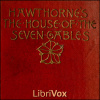

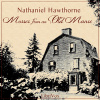



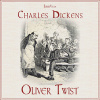
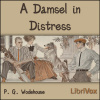








No comments